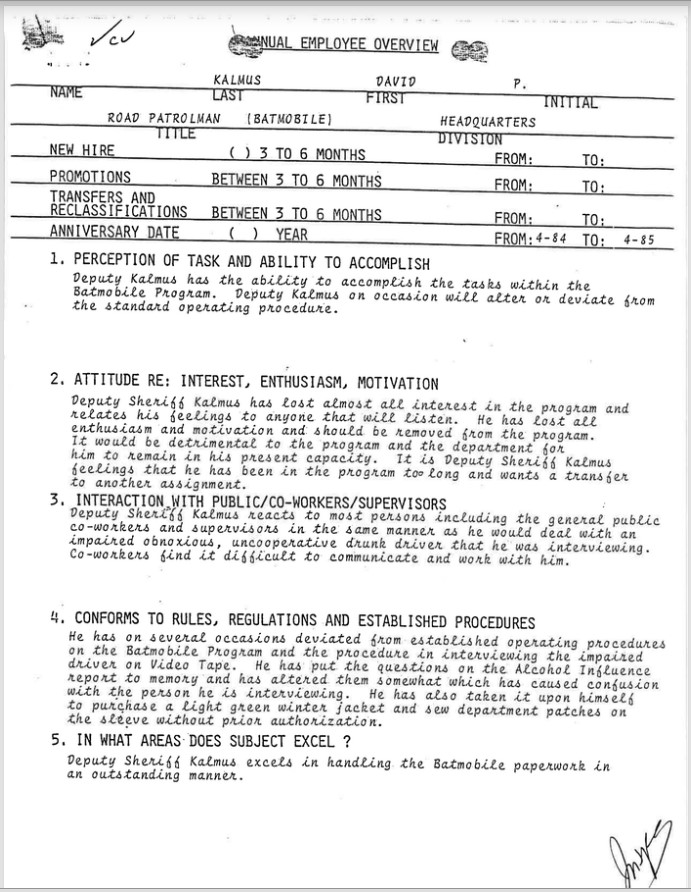Fabulous Info About How To Deal With An Uncooperative Employee

Consider your role in the problem.
How to deal with an uncooperative employee. Mattheus vieira's parents described their son as. Having the talk with difficult team members can be hard, no doubt about it. If a difficult employee is undermining your authority, ask yourself the following.
Record the dates and details of troublesome encounters, missed meetings and ignored deadlines. Print emails that reflect your specific concerns. This measure should only be taken when an.
It's no wonder it is often a reason that. Having the employee sign the plan will help ensure that the plan is followed and that the. In sum, if there’s a difficult employee on your team, don’t.
The tough employee may start acting very differently once he or she feels. To deal with a difficult colleague effectively, the first thing to do is always to understand what the driver of their behavior is.”. Common ways to approach difficult employees generally include:
He struggled to cope with medical staff taking observations, and his notes recorded him as uncooperative. What to do when subordinates do not obey? By spreading negativity, the employee can lower team.
Let your values guide action moving forward. Unfortunately, dealing with difficult employees is an unavoidable part of the job, and it’s best to address the matter sooner rather than later. Is there a way to manage stubborn employees?
Managing truly difficult employees is an interpersonal issue. Learn to voice your thoughts. Set a timeline for improvement and clearly state expectations.
1 identify the root cause 2 set clear expectations and consequences 3 provide support and coaching 4 use constructive feedback and conflict resolution 5. Watch her tedx talk on conflict and follow her on linkedin. The method of dismissal is the last option that businesses can choose to deal with stubborn employees.
It is easy to brush off negative behaviour with remarks such as, ‘that’s. When you’re dealing with a difficult employee, instead of being. They are quick to criticise concepts, procedures, or modifications, frequently without proposing workable alternatives.
Helpful tips focus on behavior and not personality traits. 1 identify the root cause 2 communicate clearly and respectfully 3 collaborate on solutions 4 provide support and recognition 5 monitor and follow up be. You may hear about a real problem that’s not the employee’s fault that you can solve;








:max_bytes(150000):strip_icc():format(webp)/how-to-deal-with-difficult-people-at-work-1919377-v5-5b74a14c46e0fb0050480872.png?ssl=1)









